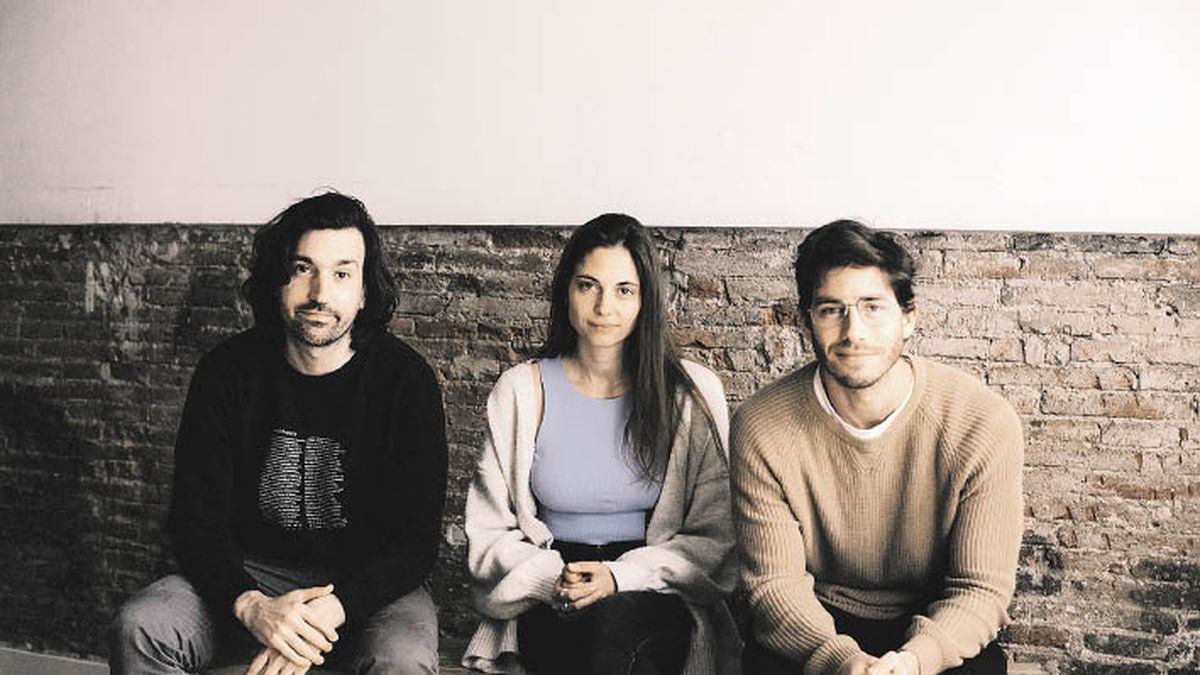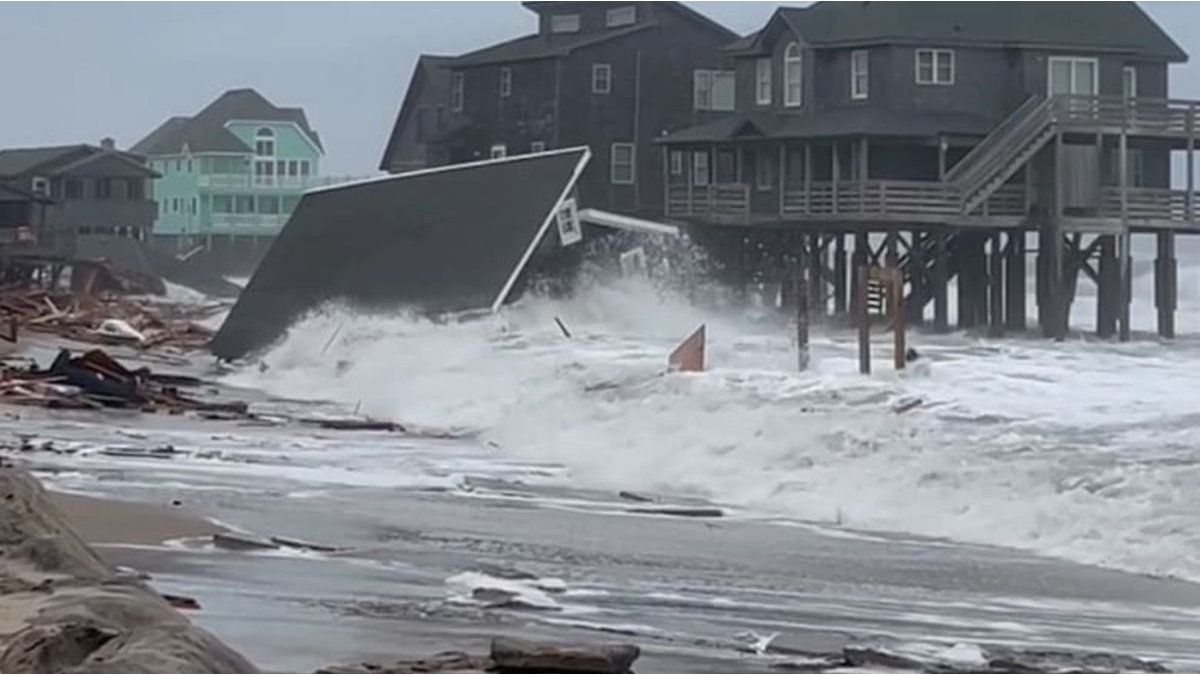Ivor Matinic: Five years ago I moved to Spain from Croatia, I live in Barcelona and I wanted to change the way of working. I had a nice career as a playwright and that generated encounters with many directors, but I tried to reorganize my way of working and that led to a radical transformation at work. Being a writer, he had no connection with stage performance. The directors and actors always had great freedom to do what they wanted with my work, but I needed something very extreme, so much so that I went on stage.
Q.: Didn’t you like what the directors did with your work?
IM: On the contrary. It doesn’t happen often that you can create a play that is as successful as “Mi Hijo…” and Guillermo Cacace, who directed this play, wants to direct all of them for me. He is a director who finds a different meaning in it and he always surprises me with something. Not a week goes by when someone doesn’t write to me about how my work touches them.
Q.: What is it about?
IM: It talks about the breakup of a couple when one of the two cannot remember a specific moment and that works as a trigger for everything to fall apart. It talks about what love is and our human attempt to tell stories. When we are in a couple we have a common history but in reality there are two versions of that relationship and that is where how we tell the story comes in and how we need it to go into the future. Without being honest and understanding what is happening, we cannot promote change.
Q.: Did you write it knowing that you would direct and act it?
IM: It had many versions, it was clear that I wanted to try this way of working and I couldn’t close it. There is no latest version because it is always changing in every feature we will have. In this one that we will present in Buenos Aires there will be older actors, or two men or two women. This is an open platform for transformation, for a monologue to be added and for what the actors want to share about their autobiography. The work went through a great theater in Croatia, the Catalunia festival and now it is presented here. And I could do others.
P.: So it is an experimentation plant. The actors introduce features of their lives and the different spaces also condition the work.
IM: The space changes it a lot, but that means that the work lives and can be adapted. The space is used as scenery, when we present it in this smaller theater we have another play, and we play with other elements when it was done in a large theater. I like small spaces better because people are closer to the actors and emotions can be shared better.
P.: That time you left the dysfunctional family to dedicate yourself as a couple.
IM: The family is a subject I write about a lot, my latest work is about the death of a patriarch, centered on the son who leaves the family because he doesn’t want to be part of it. And how does that affect the mother? The family today has other needs and prejudices emerge there. The latter can also be seen in this one, because sometimes a text can be said by an actor and other times by an actress, and the meaning changes a lot.
Q.: How is the theater scene in Croatia and what differences can it make with Argentina?
IM: There are people who like theater but there is no alternative scene, it is a small country without a large audience to consume that theater. Exchanges are then generated with Bosnia, Serbia, due to the similarity with the language, but there is not so much variety. In Argentina I notice that need to do theater and freedom, in Croatia they are more closed; for example, for everything we do we want a diploma, and so one is a director all his life, or an actor, or an author, there is no freedom to experiment like here. There is only one art academy in Croatia, you study five years of a discipline and you work on it all your life. In Argentina everyone does everything and maybe that’s why the independent scene is so important and famous. In addition to the fact that many people like alternative theater and that each small space has its audience.
Q.: How do you experience the war between Russia and Ukraine?
IM: We did not imagine that it would come to a conflict of this nature. We are shocked and sad, it reminds us of what we experienced 30 years ago, we are seeing images on TV that we thought we would never see again.
Source: Ambito
David William is a talented author who has made a name for himself in the world of writing. He is a professional author who writes on a wide range of topics, from general interest to opinion news. David is currently working as a writer at 24 hours worlds where he brings his unique perspective and in-depth research to his articles, making them both informative and engaging.




